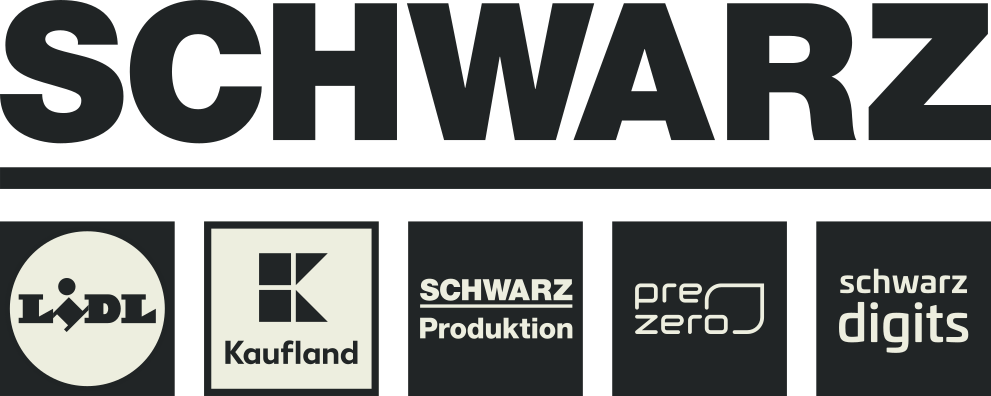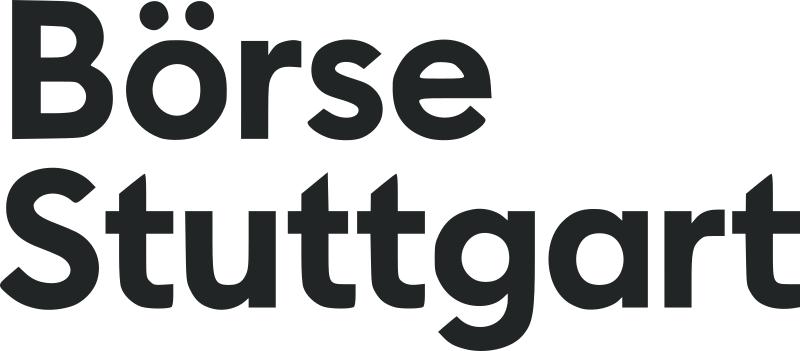Master Your Sovereign Transformation Into a New Era of Knowledge Work
AI Technology for the most complex and critical business challenges

Explore Our Technology
Learn more
Our AI Research Innovation and Technology Breakthroughs
Learn more
Aleph Alpha is driving change — Building a better AI future alongside you.
Our mission is to secure your sovereignty. We enable you to build and retain your own competencies, protect your data and IP, run, change and scale operations without lock-in and empower you to master new knowledge work paradigms. Sovereignty in all layers is key to capture value in established and emerging markets.
Shape the future according to your values with PhariaAI.
The Pharia stack has been recognized as a leading offer for its transparency. We add our proprietary AI explainability to the best open-source models in an end-to-end system built around trust and control. This integrated design is crucial for the most complex and critical environments and to meet external and internal requirements.
The agents and models we’re using today will evolve at record speed. With Pharia, today’s work put into specialization, integration and evaluation can be carried over to new generations of technology – without roadblocks and risks.
We will always integrate new open-source technology with your own innovation, proprietary work and expert knowledge, so you always stay ahead.
Our technology excels in complex and critical environments and allows you to take responsibility where chat bots fail. By leveraging Pharia’s built in transparency and explainability innovation we will provide your experts with the full context of the output and all necessary tools to stay in control.
A Sovereign AI Suite for Governments and Enterprises
PhariaAI
PhariaAssistant
An integrated collection of knowledge work tools
Custom Solution
Your own applications powered by Pharia
PhariaCatch
Capture and structure expert knowledge
PhariaStudio
Build, evaluate, debug and optimize
PhariaOS
Monitor, run and scale AI applications
Pharia LLMs
Open & proprietary models enhanced with Aleph Alpha innovations
Transparent & Compliant
Future – Proof
No Vendor Lock-In
Accelerated Time To Value
Pharia — The Fast Lane From Idea to Scalable Enterprise Value

Available Solutions
Industrial Engineering
Engineering teams face growing pressure to deliver complex products faster, with fewer discrepancies and greater transparency across the development lifecycle. The Pharia-based solution addresses this by eliminating inefficiencies in requirements analysis, system design, validation, and testing – reducing response times, avoiding costly late-stage errors, and unlocking hidden value in R&D knowledge.
Government Assistant
Public administrations face mounting pressure to deliver services more efficiently, despite growing workloads, complex information landscapes, and limited resources. Our AI-Assistant for government institutions and public sector addresses this by streamlining document workflows, enabling multilingual communication, and unlocking institutional knowledge. It ensures full compliance with data protection standards on sovereign infrastructure in Germany.
Compliance Mastery With Creance
In highly regulated industries, staying compliant with evolving laws, standards, and documentation requirements is resource-intensive and error-prone. Together with PwC we built Creance, an AI solution that addresses this by automating regulatory analysis, traceability, and documentation workflows – ensuring consistent, explainable, and auditable compliance across the entire product lifecycle.
Selected Customer Stories

Automotive
Automated handling of incoming driver calls at the Bosch Service solutions and analysis of emergency calls to help Bosch’s experts to quickly solve problems.

Manufacturing
Aleph Alpha’s LLM-powered agent accelerates complex semiconductor documentation retrieval, reducing search time by 90%. It automates multi-hop searches, enriches queries with technical concepts, and ensures precise answers for engineers.

Retail
Together with our research team we taught LLMs to understand flavor to generate new recipes including cooking instructions.

Compliance
As part of our Joint Venture Creance with PwC we launched our first use case supporting lawyers in checking complicated contracts on compliance with the strict DORA regulation saving up to 70% of their time.

Automotive
Software in the automotive sector undergoes strict testing regimes. By codifying specific domain knowledge and automating test generation we can achieve > 30% timesaving ensuring engineers spend more time testing less time debugging.

Public
With GenAI we are able to speed up approval proceedings for large scale infrastructure investments with public authorities by up to 2x down to approval times of one year.

Manufacturing
By automating regulatory document analysis with fine-tuned AI models and domain-specific evaluation layers, we reduced homologation effort by up to 85%, enabling faster, more consistent compliance across global automotive markets.







Discover AI Solutions That Fit Your Needs

“Innovation is not just about assembling the biggest pile of GPUs. We’ve been driving impactful innovation in AI since 2019 — delivering unique capabilities to world’s best enterprises.”
Innovation Highlights
AI models typically rely on a limited set of subwords to process text. This rigid tokenization limits adaptability and efficiency. Our Hierarchical Autoregressive Transformer (HAT) changes the game. By combining character-level flexibility with word-level efficiency, it eliminates fixed vocabularies.
Training AI models at scale is challenging. Hyperparameters that work for small models often fail at larger sizes, and low-precision training introduces instability. u-µP solves both problems. By combining Maximal Update Parametrization (µP) with Unit Scaling, it enables models to train efficiently at any size while keeping hyperparameters stable and transferable. This approach simplifies tuning, accelerates training, and allows models to work seamlessly in FP8 without complex rescaling. With u-µP, AI development becomes faster, more predictable, and more scalable.
Tokenizers are essential for encoding text in LLMs, but they face significant limitations, including computational overhead, inefficient vocabulary use, and bias toward reference corpora. Trigram addresses these issues by embedding words through sparse activation patterns over character triplets (“trigrams”), eliminating the need for a reference corpus. This approach exploits morphological similarities and allows for strong compression of embedding layers, achieving competitive downstream performance with over 85% parameter reduction.
Every result or decision of an AI system is based on patterns learned during training and knowledge accessed during inference. AtMan makes these patterns visible and usable. We can show the developer or user how evidence has caused AI outputs, which relationship needs to be added to improve AI systems, and where potentially contradicting observations may hint at a complex context. This transparency of the multidimensional context is crucial to optimize prompts and systems, guide UX and workflows, and for humans to take responsibility.
LLM’s growing size presents deployment challenges. Our innovative Divergent Token Metrics (DTMs) offer a solution by providing a nuanced evaluation of compressed LLMs, overcoming the limitations of traditional metrics. DTMs focus on token divergences, offering insights into the intricacies of model compression, especially when assessing individual components. This innovation ensures efficient deployment while maintaining high performance, making DTMs an essential tool for quantizing LLMs in practical applications.
Text-to-image AI models are powerful but often limited – stuck in a single language and reliant on only text inputs. MultiFusion changes that. By seamlessly integrating pre-trained models, it enables AI to understand multilingual and multimodal prompts, combining text and images in any order. MultiFusion transfers capabilities from existing individual modules, making image generation more expressive, intuitive, and accessible. With this approach, users can create rich, detailed visuals using any mix of words and images, across multiple languages, for a truly global and flexible creative experience.
Vision-language modeling has traditionally relied on tailored pretraining objectives and labeled data, limiting its scalability and flexibility. MAGMA introduces a new approach by augmenting generative language models with visual inputs through adapter-based finetuning. This method keeps the language model’s weights unchanged, preserving its encyclopedic knowledge and in-context learning abilities. By leveraging a simple next-token prediction objective, MAGMA achieves state-of-the-art results on the OKVQA benchmark and performs competitively across various VL tasks, all while using significantly less data than existing methods.

Research & Innovation
The Aleph Alpha Research Team drives innovation in AI with a focus on open collaboration, data sovereignty, and transparency.